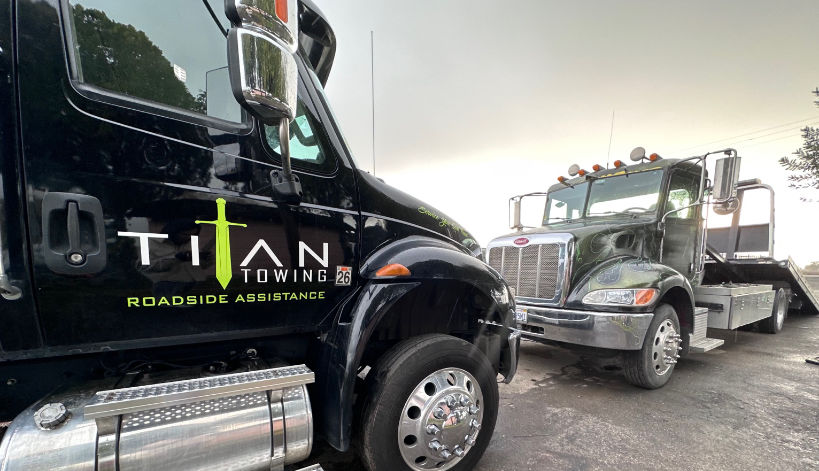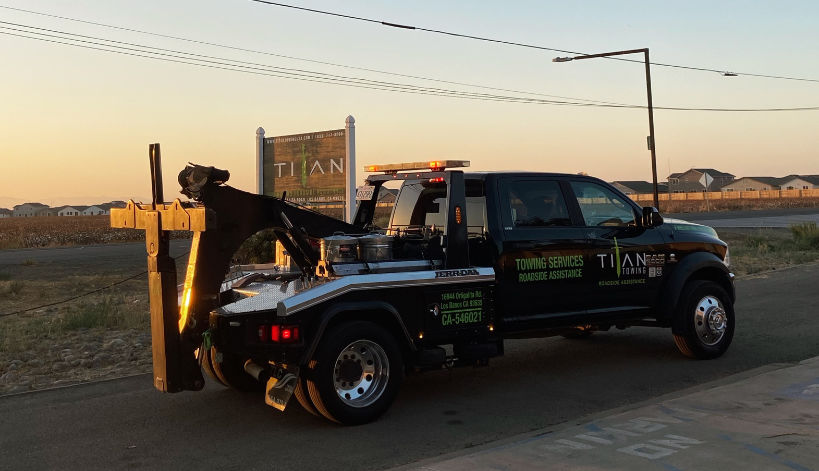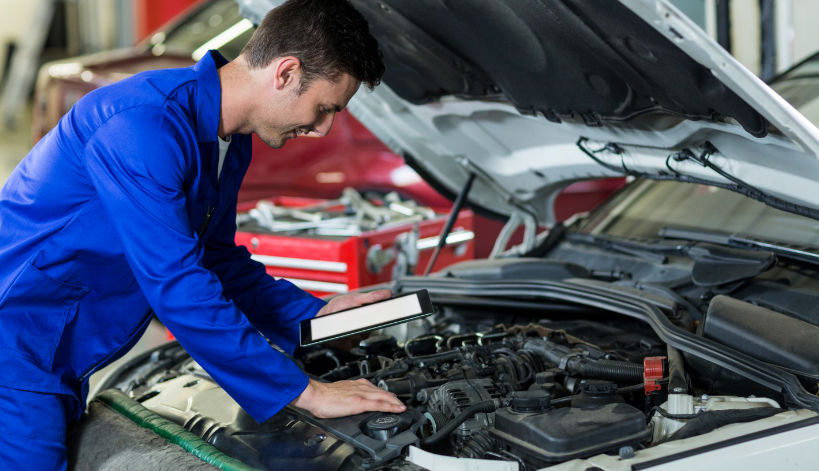Being stranded on the side of the road is a stressful situation. While waiting for your service provider, practice the following tips to keep yourself safe.
Stay Inside Your Vehicle
It is dangerous to stand on the shoulder as vehicles are passing by at high speeds. This is especially true at night as there is less visibility.
Check your provider
Please make sure you’re getting service from the right company with the right driver by matching the company and driver name you were given by dispatch or your insurance company.
Have the driver confirm your name
Ask the tow truck driver to confirm your name before you get out ofyour vehicle. The driver should already have service details including your name and number as well as your vehicle’s year, make, and model.
Follow your Intuition
When in doubt, call dispatch or your insurance company to confirm the driver they assigned is on site.
Our company provides many services, ranging from semi-truck, car, and motorcycle towing to fuel deliveries, winch-outs, jump-starts, tire changes, and lockouts. If you are in need of any of these services, give Titan Towing and Roadside Assistance a call at (833) 717-3200.



